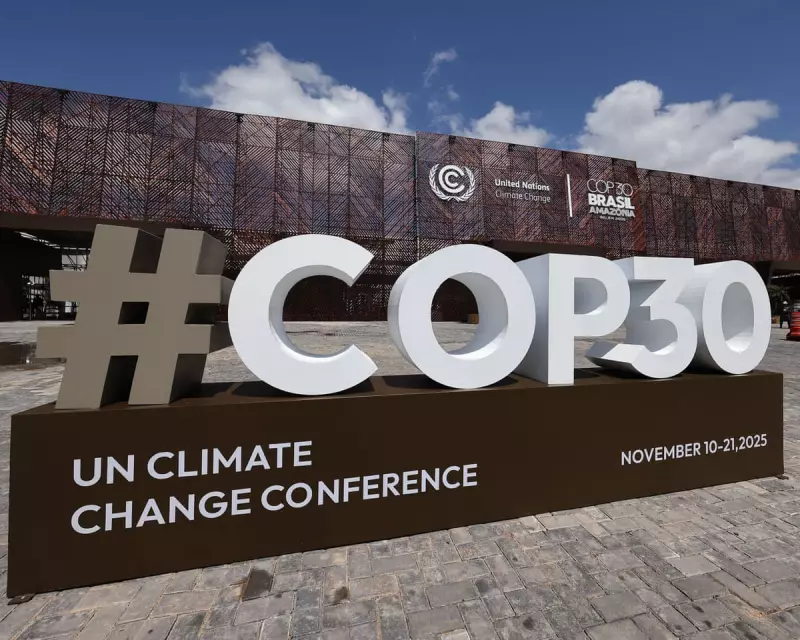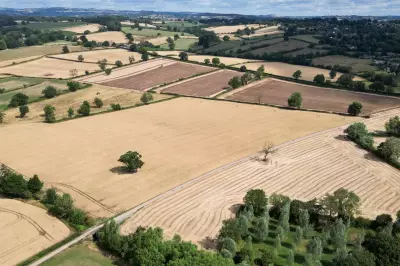
The weather in Belém provides a powerful metaphor for the UN climate talks taking place in the Brazilian city. Sunny mornings of blazing optimism inevitably give way to the Amazon's gathering clouds and subsequent deluge. The Cop30 summit has followed this pattern precisely, opening with procedural sunshine before deferring the stormiest issues – climate finance, carbon tariffs, and the yawning emissions gap – for fraught second-week negotiations.
The End of the Fossil Fuel Era
The International Energy Agency confirmed last week that the fossil-fuel era is drawing to a close. Its annual report states the world will hit peak consumption of coal, oil, and gas this decade, with declines following. Economist Fadhel Kaboub, who advises developing nations, argues this shift stems not from political will but because "the economics of renewables is winning." He highlights Africa's potential to generate about 1,000 times the electricity it will need by 2040, creating significant export opportunities. However, the global decline in hydrocarbon use is proceeding far too slowly to meet climate targets, making the financial disputes at Cop30 critically important.
The Battle Over Climate Finance
The core dispute revolves around how to limit global heating to 1.5C above pre-industrial levels. The global south, led by the G77 group plus China, is pushing developed nations to honour the Paris agreement's article 9.1, which states that wealthy countries "shall provide" the funds needed for developing nations to transition to green energy.
In contrast, rich nations are retreating to the agreement's article 6, emphasising carbon markets and private investment. Developing countries want historic emitters to provide cash, primarily as grants for adaptation and resilience. Wealthy nations counter that the focus should be on market opportunities to cut emissions, with newly industrialised states sharing the financial load and public funds being blended with loans and private capital. This is not a minor technical disagreement but a fundamental fight over who pays for a managed and fair fossil-fuel phase-out.
The Staggering Financial Shortfall
The sums involved are astronomical. Last year, developing countries argued they need a minimum of $1.3tn per year in climate finance to fund essential resilience measures and basic infrastructure. What was promised was a comparatively meagre $300bn by 2035, much of it in the form of loans or so-called "mobilised" private finance. The latest data shows that only a third of this pledged amount has actually materialised.
More alarmingly, an analysis by ActionAid of approximately $19bn in climate aid over a decade found that under 3% supported a "just transition" for workers and communities affected by the move away from fossil fuels.
Clouds are gathering over Belém. The ultimate test for Cop30 is whether it can deliver a more substantial outcome than previous summits. The absence of Donald Trump or his administration may prove advantageous. The developing world's bloc, backed by Brazil, South Africa, and India, is pushing for a "just transition mechanism" to formalise cooperation, transfer green technology, and provide debt-free finance. Developed nations argue this approach risks delaying crucial climate goals.
With the Earth currently on track for 2.6C of heating this century – a dangerously unstable scenario, though an improvement on the 3.6C trajectory projected a decade ago – the stakes could not be higher. Richer nations spend billions supporting their bondholders yet plead poverty when asked to contribute adequately to solving a climate emergency they largely created. Cop30 will reveal whether the global north finally accepts it can and must pay its fair share, or if wealthy nations will continue to wring their hands as the planet burns.





